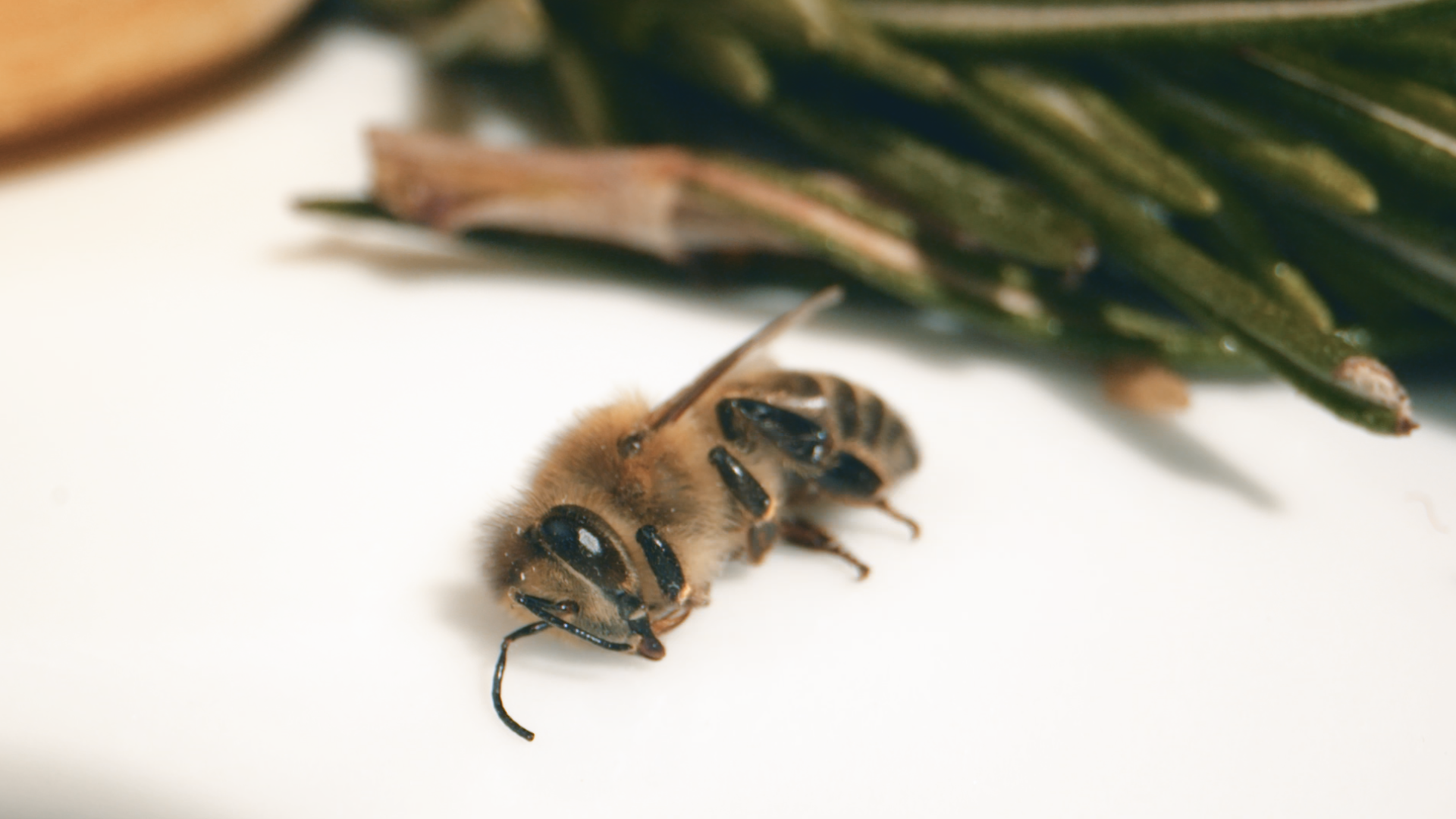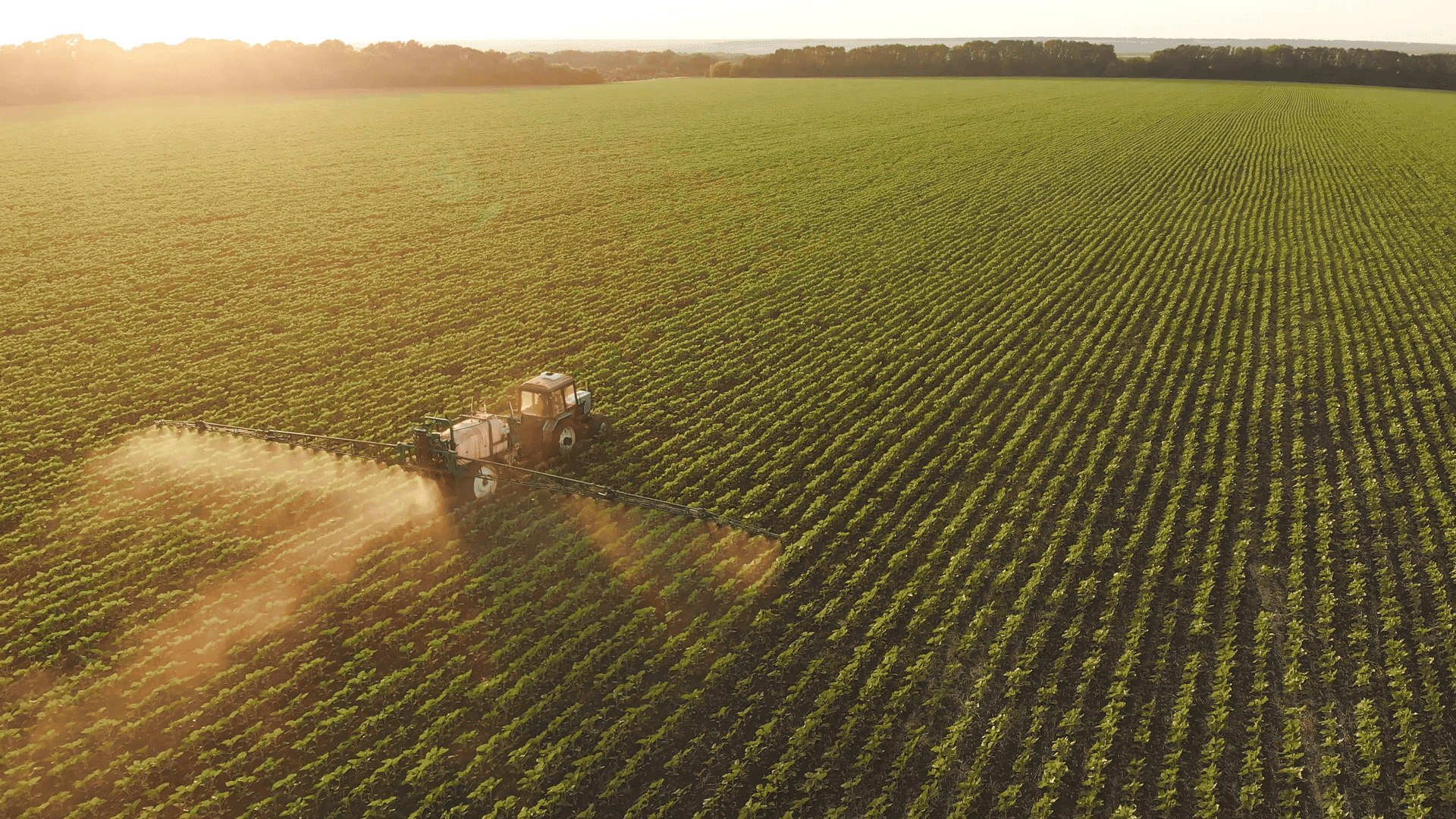Stop Poison Poultry

Please help Stop Poison Poultry before it's too late
Right now, the Amazon, Cerrado (the world’s largest tropical wetland), and Pantanal, vital ecosystems in Brazil, face environmental disaster. Huge parts of them are disappearing to grow soya for livestock feed used in the intensive farming of chickens. Soya that’s grown using pesticides banned in the UK and EU, because they’re so hazardous to nature and our health. With your help we can stop this.
Please support our Stop Poison Poultry campaign with a donation of £10, so that we can pressurise:
- Supermarkets into cleaning their supply chains, of soya livestock feed associated with poisonous pesticides.
- UK buying power and influence to support a transition to more nature-friendly production.
- The UK Government to prohibit companies operating in the UK from selling highly hazardous pesticides abroad.
- The UK Government to commit to a pesticide reduction target in line with the Global Biodiversity Framework, which is being put forward for agreement at CoP15.
How your donation could help
£10 could go towards arranging meetings with Defra to secure support for UK pesticide and fertiliser reductions in line with the Global Biodiversity Framework, which is being put forward for agreement at CoP15.
£25 could support our petition calling on supermarkets to remove highly hazardous pesticides from soya supply chains.
£50 could help us engage with local partners and supporting organisations in Brazil.
£100 helps us to lobby government departments for a ban on the export of highly hazardous pesticides from the UK, for use on soya crops in Latin America.
£500 helps us to meet with supermarket representatives and persuade them to address the highly hazardous pesticides in their supply chains.

Over 1 billion honey and wild bees have already died as a result
Butterflies and insects are dying too. Macaws, tropical raptors, tapirs and bats are just some of the wildlife being found with their bodies riddled with toxins.

A cocktail of lethal chemicals runs off soil and into lakes and rivers
Waters that teemed with life are becoming toxic soups. Fish float dead on the surface. New weed resistant plants are emerging, requiring further chemical treatment.

The chemicals in the pesticides are damaging health too
The Brazilian Association of Public Health (ABRASCO), estimates pesticide use contributes to 70,000 human poisonings annually across Brazil. Those chemicals are used in the production of chicken feed consumed by British chickens that are sold in UK supermarkets.

British supermarkets and the government are doing nothing
In January 2022, we spoke to Aldi, Asda, Co-op, Iceland, Lidl, Marks and Spencer, Morrisons, Sainsbury’s, Tesco and Waitrose. None of them monitor or restrict the use of hazardous pesticides and chemicals in their soya supply chains.

Our Innovative Farmers programme is trialling alternatives to soya chicken feed
One example is the research being done by organic chicken farmer, Mike Mallet. He is trialing sprouting vetch seeds, which he grows. It’s proving to be far more nutritional than the soya he previously used. This trial and others like it could help British farmers move away from soya feed and its associated environmental harms.
Counting the true cost of British Supermarket chickens
Huge tracts of the Amazon, Pantanal and Cerrado are being altered and destroyed to grow genetically modified soya that’s fed to British chickens in intensive farming systems.
- The soya is sprayed with a lethal cocktail of chemicals, many of which are banned by the EU and UK.
- Over 1 billion honey and wild bees have already died as a result.
- Macaws, bats, tapirs and tropical raptors are being found with their bodies flushed with toxins.
- A poisonous soup of toxins is flooding wetlands, rivers and lakes, killing fish, choking amphibians and chemically castrating frogs.
- Repeated glyphosate use has led to the growth of resistant weeds, requiring additional herbicides, insecticides and fungicides.
- It contributes to 70,000 acute and chronic human poisonings in Brazil annually.
- Many of the chemicals used are potentially carcinogenic and can disrupt reproductive and developmental health in exposed people. Children are most at risk.






